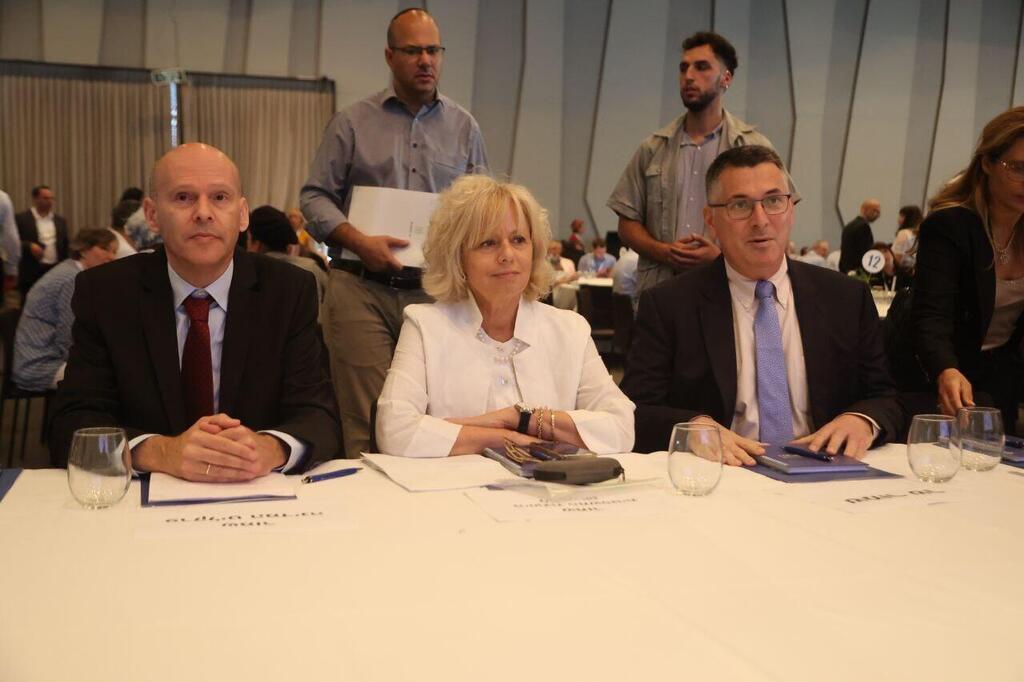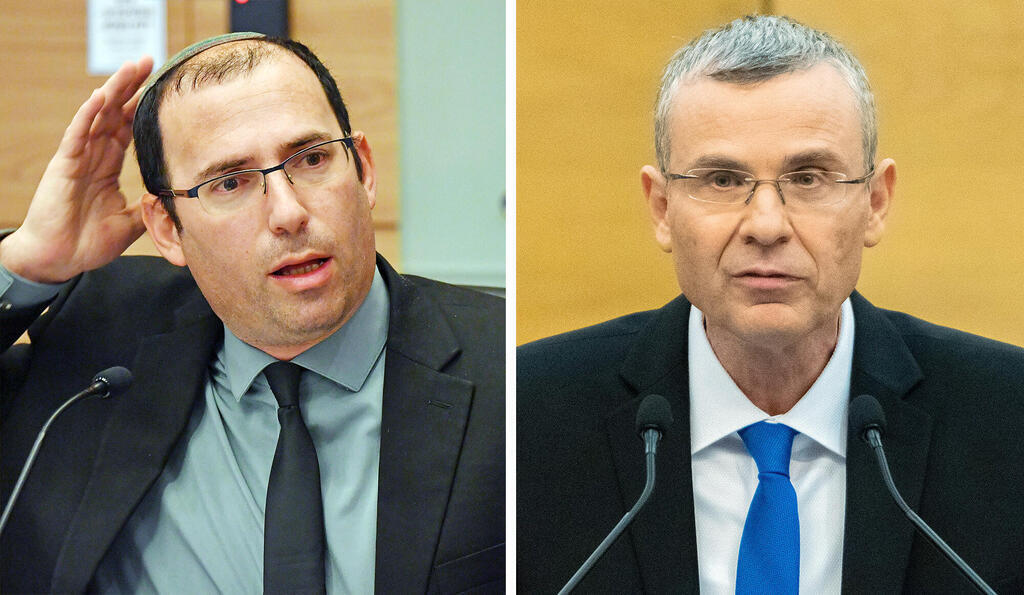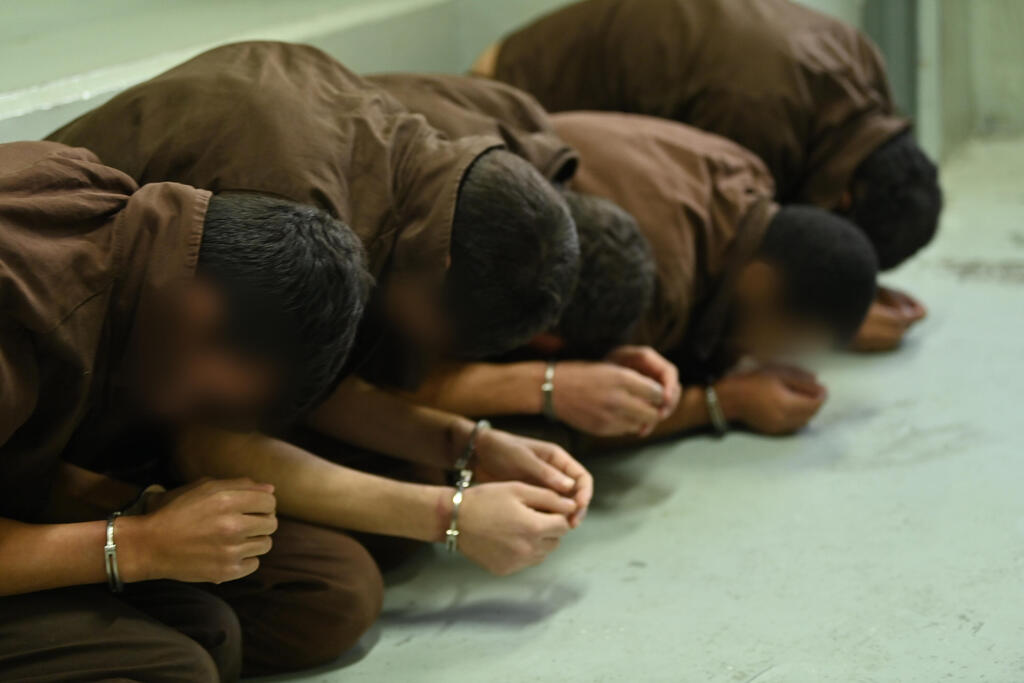Getting your Trinity Audio player ready...
Israel, despite its experience with terrorism, lacks a judicial mechanism for prosecuting Hamas terrorists, since civilian court procedures are too cumbersome and Israeli lawyers are generally reluctant to represent those who have committed atrocities against their people.
Read more:
On Tuesday morning, the Knesset's subcommittee met for a classified discussion on the prosecution of Hamas terrorists and the establishment of a special court for this purpose. However, the likelihood of a trial before the end of the Gaza war is low. The Justice Ministry and the Knesset are expected to continue with legal assessments at this stage, and the decision to initiate proceedings is expected only after the battles have ended.
Among those invited to the committee were Justice Minister Yariv Levin and Attorney General Gali Baharav-Miara, to discuss the legal status of the terrorists and the government's actions in this regard.
The delay in prosecution is linked to the Israeli hostages still held by Hamas in Gaza. Israel aims to avoid distractions that could jeopardize the captives' return. Additionally, there is concern that Palestinians and human rights organizations in Europe may intensify legal attacks against Israel in the International Criminal Court in The Hague, claiming war crimes against the civilian population in Gaza should be investigated. Additionally, the trial's expected uniqueness necessitates changes to the law, which is a time-consuming process.
The final decision on whether and when to initiate these proceedings will be made by the prime minister, justice minister, and the Cabinet, not by the Knesset. Knesset members, however, are expected to propose alternatives, such as establishing a special court for terrorists or granting jurisdiction in this matter to the military tribunal in Lod. The IDF is expected to call on soldiers to testify to the police about any information or evidence they have about the massacre, as has already begun for civilians.
3 View gallery


Gidon Sa'ar, Attorney General Gali Baharav-Miara and State prosecutor Eisman
(Photo: Moti Kimhi)
Attorney General Baharav-Miara and state prosecutor Amit Eisman stated about a month ago that intensive legal activity has been taking place since October 7, with a comprehensive view of the heinous terrorist attack. The investigation is being carried out in close cooperation with the Shin Bet, the Israel Police, and the IDF, under the supervision of the attorney general.
Baharav-Miara and Eisman have set up joint and unified work teams of various bodies, including the most senior and experienced elements in the law enforcement system. They emphasized the enormous national and international importance of bringing the terrorists to justice and punishing them severely, highlighting the mobilization of the best professional resources to enforce the law with those involved in these horrific acts, for the sake of the victims and their families.
3 View gallery


Subcommittee chair, MK Simcha Rothman Justice Minister Yariv Levin
(Photo: Shalev Shalom, Yoav Dudkevitch)
"When dealing with terror, it's important to reassess conventional thinking in both the executive and legislative branches, and the judicial branch must provide input on legal matters," said subcommittee chair Simcha Rothman, a lawmaker from the Religious Zionist Party.
"Repeatedly, we come across the massive gap within criminal law both in Israel and worldwide, rendering it incapable of dealing with events such as October 7. In this committee, we often deal with obsolete mechanisms that deal with criminals, but in the realm of terrorism, it's important to reassess all the assumptions people have going in," he added.



